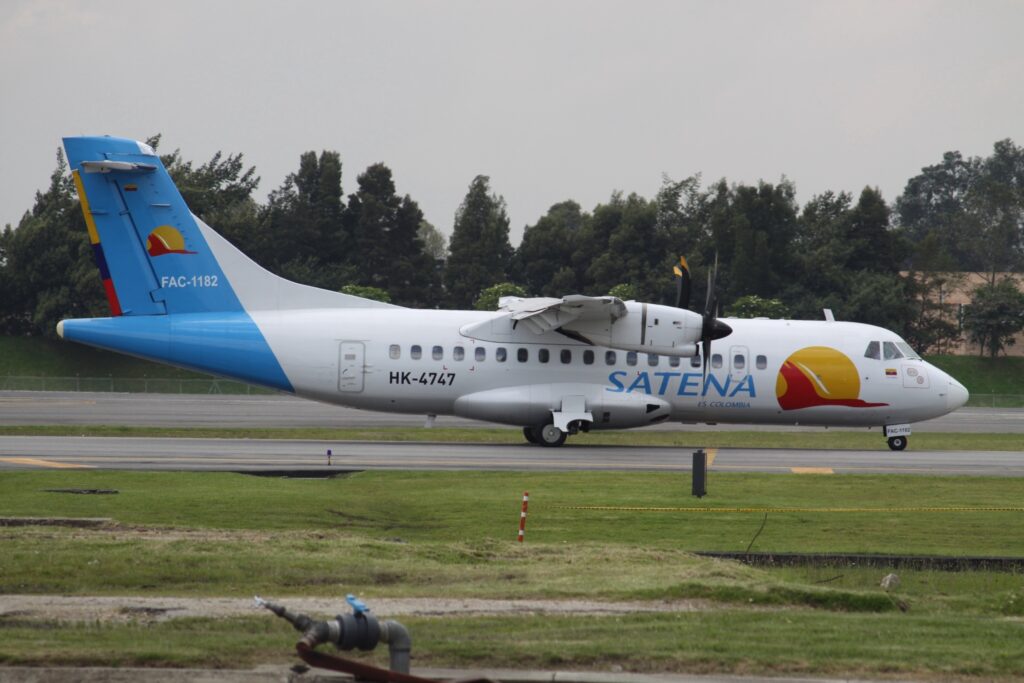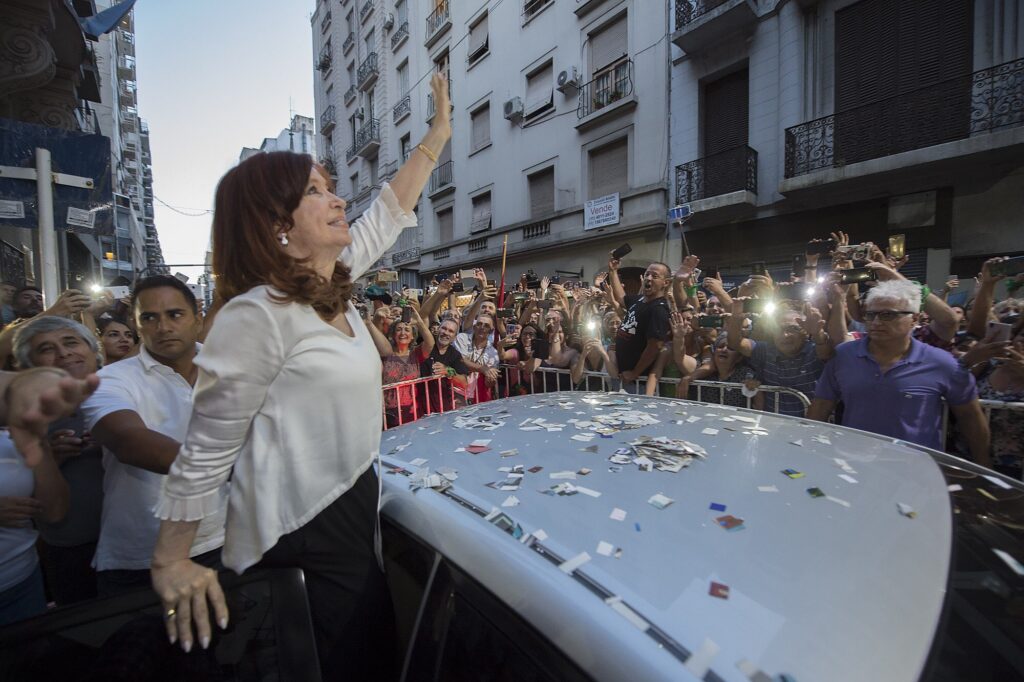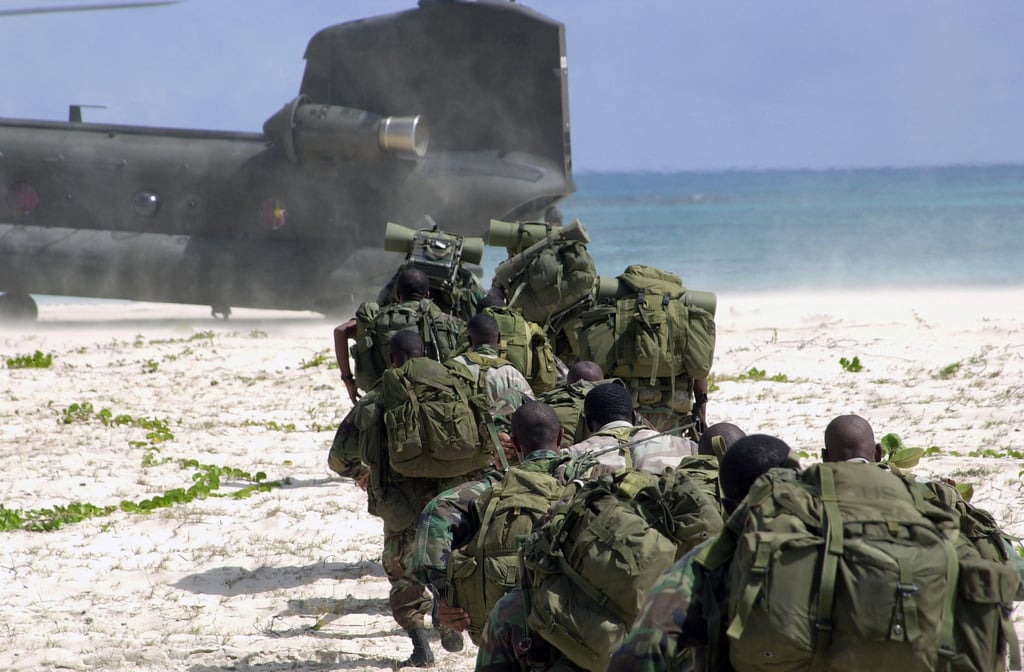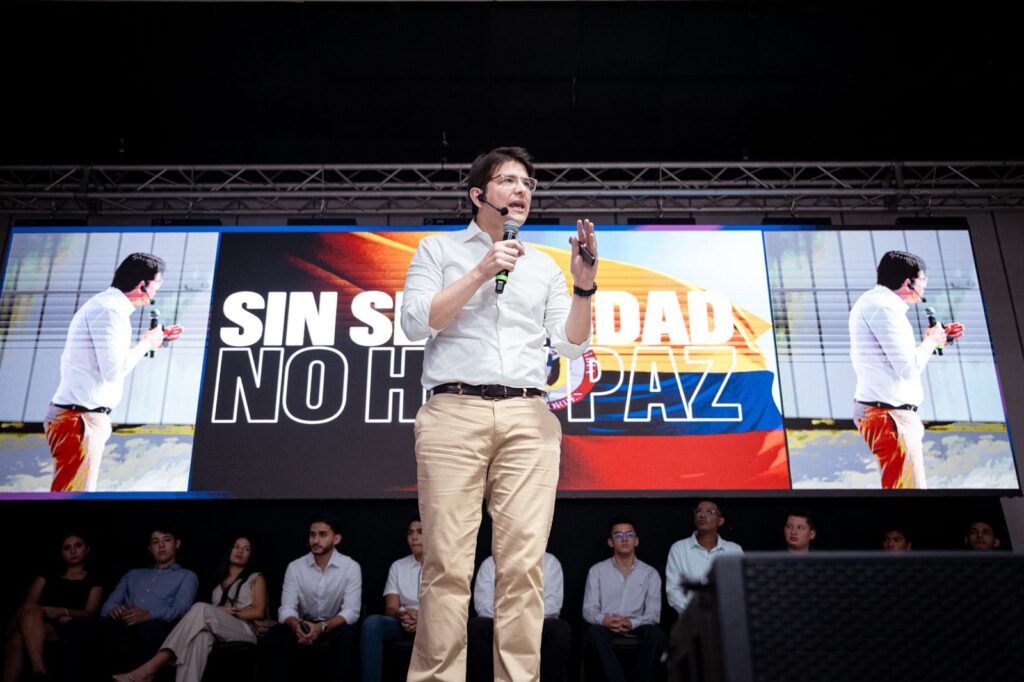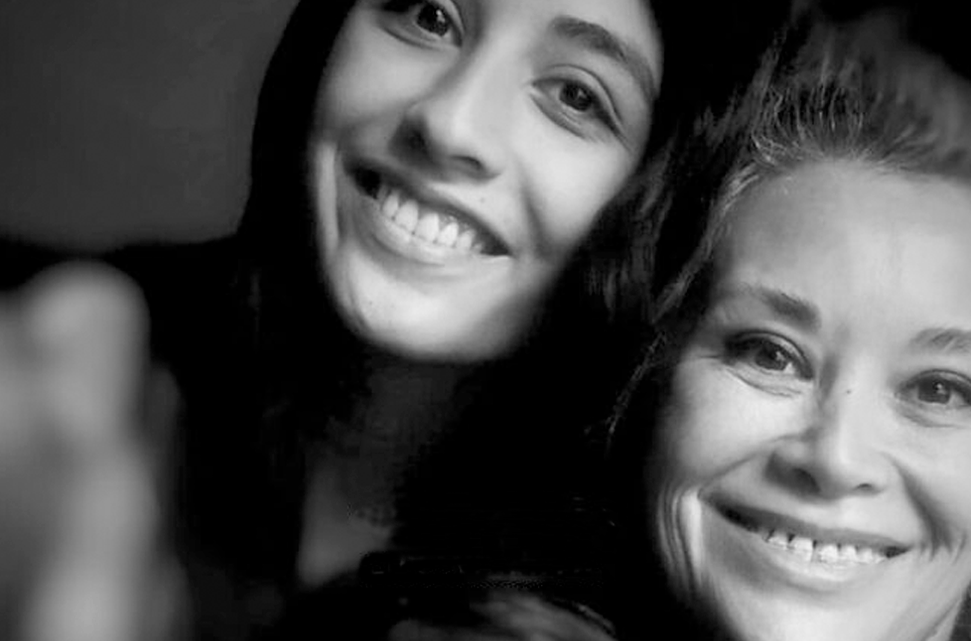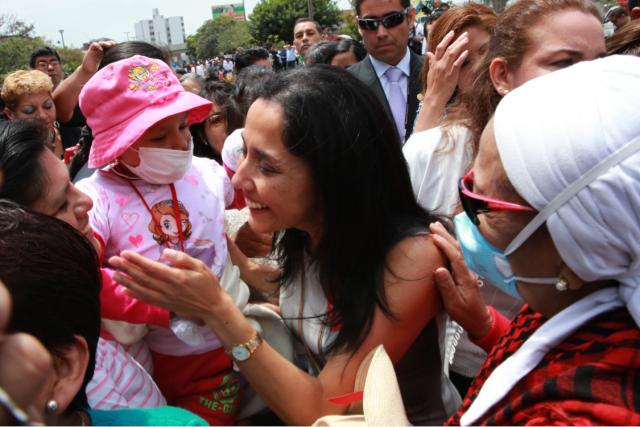José Daniel Ferrer García, a Cuban activist widely recognized by international media as the leader of the dissident movement inside Cuba and the founder of the anti-communist, pro-democracy Unión Patriótica de Cuba (UNPACU), left the Caribbean island for Florida on Monday.
On October 3, he announced in a letter sent from prison that he would accept exile after suffering “beatings, torture, humiliation, threats and extreme conditions” in prison.
Ferrer claims that the Cuban government threatened to imprison his wife and send his son to a juvenile offenders institution, thereby obliging him to accept exile.
Ferrer has been repeatedly imprisoned since 2003 – he has reportedly been arrested over 100 times for his activism on the island – when he and 74 other Cuban opposition members were arrested during a three-day-long period of repression known as Cuba’s Primavera Negra, or Black Spring.
However, those arrested in 2003 were given the opportunity to leave Cuba for Spain in 2010 after the death of one of their activists, Orlando Zapata Tamayo, in prison. Zapata Tamayo died during a hunger strike over allegedly inhumane jail conditions.
Ferrer was one of the 12 who refused to accept exile and decided to serve the remainder of his sentence, but was eventually released by the Cuban government in early 2011. He then founded UNPACU in August 2011 after his release from jail.
In 2021, he was handed a four-year jail sentence after he was arrested while trying to join an anti-government protest in the eastern city of Santiago de Cuba. Ferrer had already been under house arrest since 2019 for allegedly abducting and assaulting a man – a claim refuted by Ferrer – and was sentenced on the basis of public disorder charges and violating his house arrest conditions.
In January 2025, Ferrer was released as part of a deal between the United States and the Vatican that saw Cuba release 553 political prisoners in exchange for its removal from the U.S. list of countries that sponsor terrorism.
This deal happened at the tail end of President Joe Biden’s tenure. However, on January 20 of this year, a newly-inaugurated President Donald Trump reinstated Cuba to the list of sponsors of state terrorism just days after Biden had changed Cuba’s designation. The Cuban Government released the prisoners regardless.
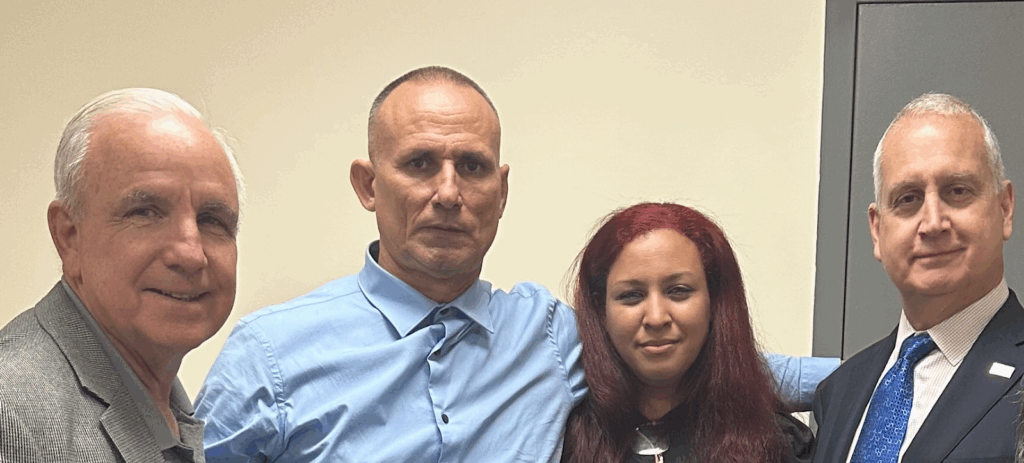
Image Source: Mario Díaz-Balart via X
However, in April the Cuban government revoked Ferrer’s parole and that of fellow newly-released dissident Félix Navarro and the two were reimprisoned. The People’s Supreme Court of Cuba claimed that Ferrer and Navarro had failed to comply with the conditions of their release; the Vice President of the court, Maricela Sosa Ravelo, stated that the two had “violated the law during the probationary period”.
After the revocation of Ferrer’s conditional release, Ana Piquer, the Americas Director of Amnesty International, stated that Ferrer, “like thousands of others in recent decades … [has been a victim] of the Cuban authorities’ repressive pattern of using conditional release for surveillance and political control.”
The Cuban opposition leader was released, according to the Cuban Foreign Ministry, in compliance with a “formal request” for his release and transfer by the United States Government.
Ferrer flew from Santiago de Cuba to Miami on American Airlines earlier this week and, upon arriving in Miami, he was welcomed by Cuban-American Republican congressmen Mario Díaz Balart and Carlos Giménez as well as Daniella Levine Cava, the Mayor of Miami-Dade County.
Alian Collazo is a Cuban-American former Republican candidate for the Florida House of Representatives (District 115) and the current Executive Director of Cuban Freedom March (CFM).
CFM is an organization that describes itself as a “non-partisan and nonprofit” group which “organize[s] events such as marches and panels … [in support of] a free and democratic Cuba, Venezuela and Nicaragua”.
Collazo told Latin America Reports that Ferrer’s transfer to the U.S. constituted a “forced exile” rather than a “release” or “freedom [from prison]” given that his removal from a Cuban prison depended on accepting “exile from his land … [which] is not freedom”.
“José Daniel was forced into exile by … a dictatorship that has kept the Cuban people under … absolute repression for the last 67 years … José Daniel … is a hero of the Cuban people. We condemn the dictatorship, we condemn their inability to allow José Daniel to be free in Cuba where he belongs.”
Collazo concluded, “We support José Daniel, we welcome him into the [Cuban-American] exile community but we know that he is not free, as none of us are until the entire nation of Cuba is free”.
Ferrer told members of the press and the Cuban-American community waiting for him at the airport that his exile to the U.S. had caused him “mixed feelings”. In particular, he lamented leaving behind fellow political dissidents, such as Maykel Castillo, Luis Manuel Otero Alcántara and Félix Navarro, in Cuban jails. The exiled dissident told those present that “They live in hell in Cuban prisons”.
The Cuban exile did, however, express his happiness about his reunification with his wife and children, who had travelled with him; Ferrer agreed to exile on the condition that he would be able to leave Cuba with his loved ones.
When speaking to the American press, Ferrer also emphasized that his exile did not mean an end to his political activism: “We need the greatest possible support … we must put an end to the tyranny”.
“The conditions are very favorable for us to, once and for all, unite Cubans both inside and outside the country who want freedom and democracy, and to push the actors of the free world into action,” he proclaimed.
Featured Image: José Daniel Ferrer García in Santiago de Cuba circa 2018
Image Credit: Osvaldo Torres Riso via Wikimedia Commons
License: Creative Commons Licenses



